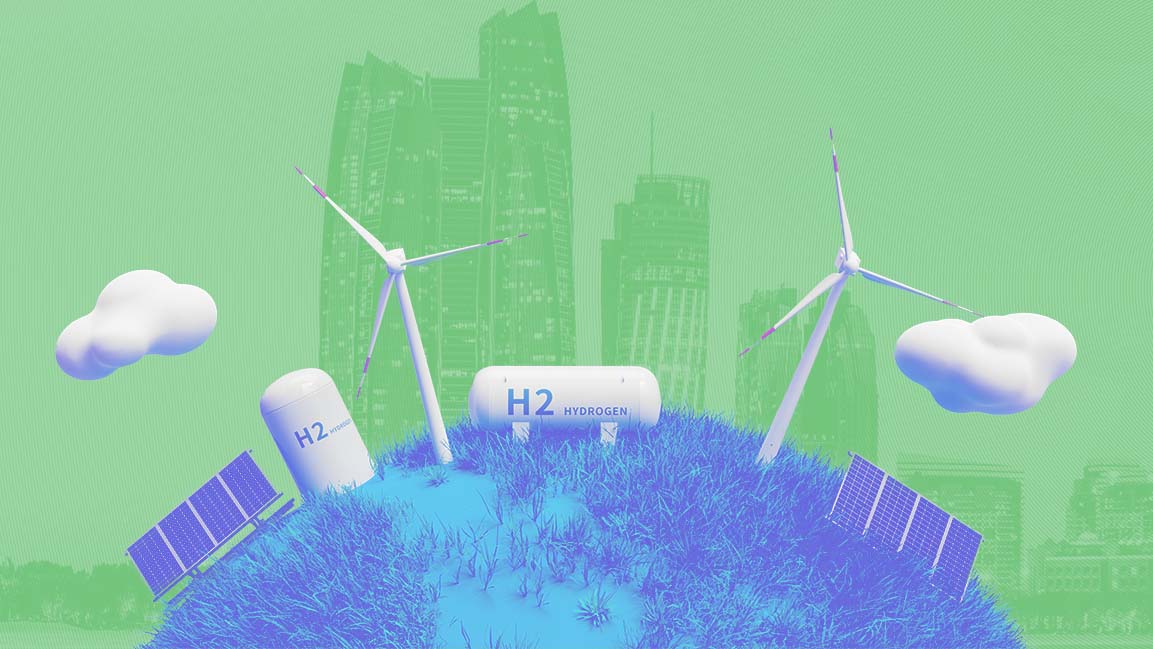- | 10:00 am
Global leaders descend on Abu Dhabi to accelerate the global transition to clean energy
Experts at the World Future Energy Summit will explore cross-sectoral advancements in clean energy adoption

The UAE’s first major energy event since the COP28 climate conference in Dubai, Abu Dhabi’s World Future Energy Summit, which begins today and runs until Thursday, aims to help bridge the gap between ambition and achievement in building a more sustainable future.
Global leaders in energy and government are convening in Abu Dhabi today to translate COP28 pledges into concrete action, accelerating the global transition to clean energy.
The Abu Dhabi National Exhibition Centre is hosting over 400 exhibitors and high-profile speakers, including government ministers from Japan, the Netherlands, and the upcoming COP29 host, Azerbaijan. Former UK Prime Minister Boris Johnson will also be a keynote speaker at the Green Hydrogen Summit, a key component of the larger event.
This summit will feature a high-level ministerial panel discussion on national strategies for fostering green hydrogen economies. Participants include Parviz Shahbazov (Azerbaijan’s Energy Minister), Yoshida Nobuhiro (Japan’s Vice Minister of Economy, Trade and Industry), and Frederik Wisselink (Energy Special Envoy of the Netherlands’ Ministry of Economic Affairs and Climate Policy).
“COP28 has laid down the mandates; the task now is how public and private sectors react and partner up to implement solutions that will achieve the objectives,” said Leen Al Sebai, show director of the World Future Energy Summit.
The summit will explore cross-sectoral advancements in clean energy adoption, with experts addressing challenges and opportunities in tourism, manufacturing, aviation, investment, agriculture, and healthcare.
A dedicated Climate and Environment Conference will delve into the outcomes of COP28, while a case study will showcase the life-saving potential of solar energy in off-grid African communities.
For the first time, the summit will host the “Pathway to 1.5C” conference, where policymakers, industry leaders, and climate action experts will discuss critical topics like policy frameworks, equitable energy transition strategies, and technological innovation – all aimed at achieving net-zero emissions targets.
The urgency for action is clear. Although renewable energy use reached record highs in 2023, the International Renewable Energy Agency reports it still falls short of the pace required to triple capacity by 2030, a key COP28 target.
However, there are positive signs. At COP28, 50 oil and gas companies representing over 40% of global production signed the Oil and Gas Decarbonisation Charter, committing to net-zero emissions by 2050.































